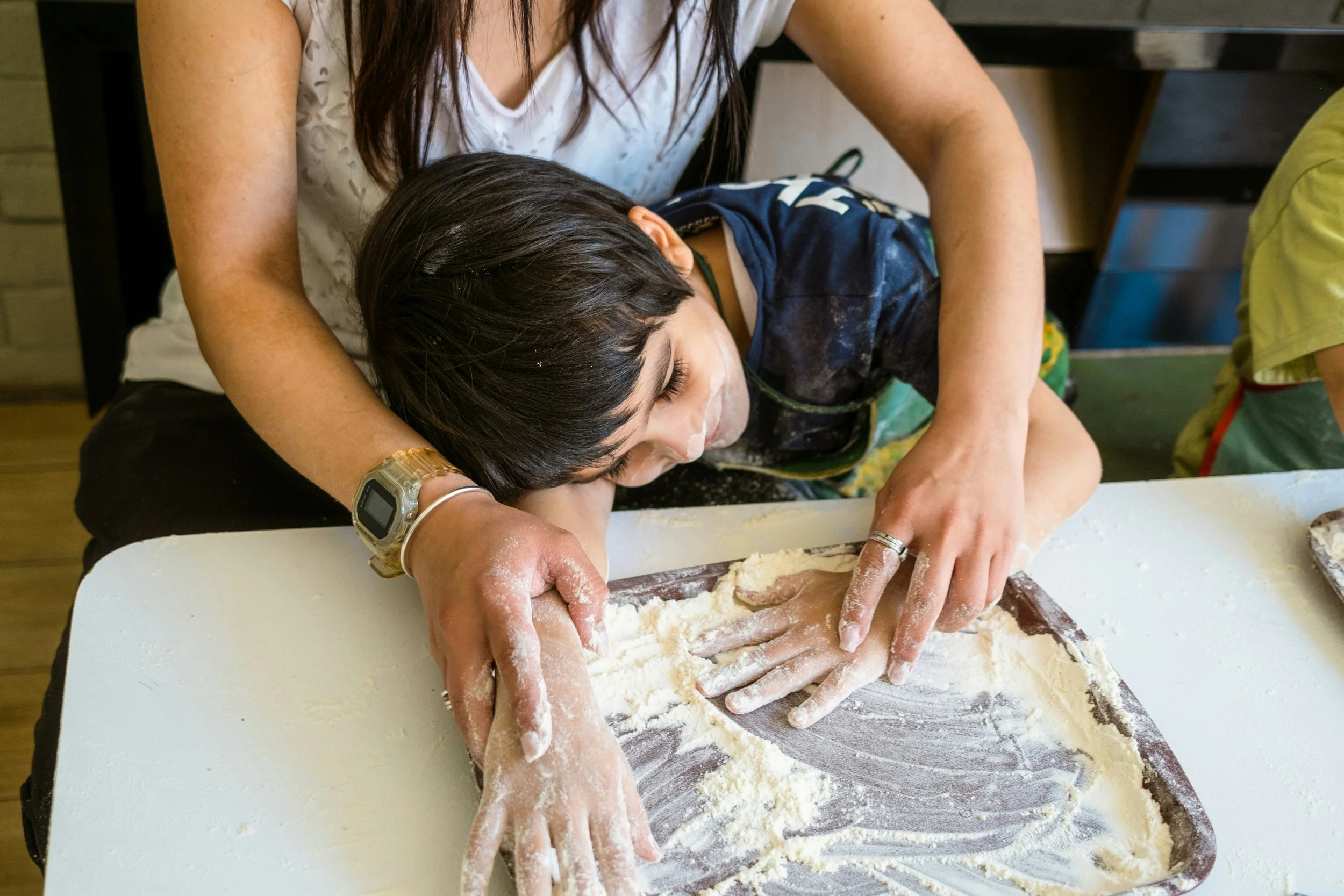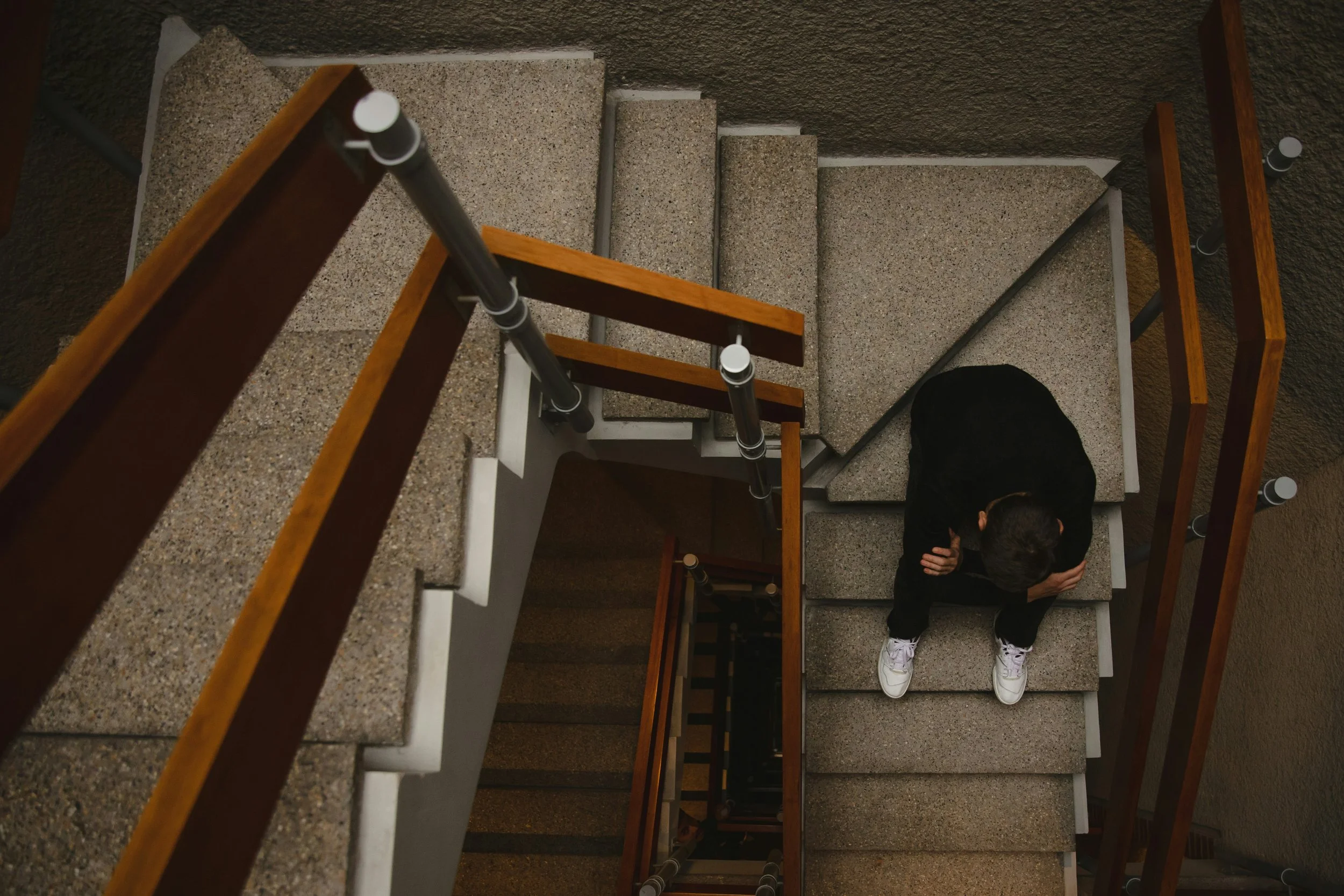Cultivate & Motivate
Learnings, teachings and tips & tricks for anyone to reference during difficult times, stressful workdays and moments when cultivating your true self.
Can Therapy Help If I Don’t Know What’s Wrong?
Many people think about seeing a psychologist but hesitate because they can’t clearly explain what’s wrong. They may feel unsettled, overwhelmed, or not quite like themselves, yet struggle to put their experience into words. It’s common to wonder whether it makes sense to seek help without a clear reason.
What to expect in your first psychology session
For many people, booking a session with a psychologist feels like a big step. It can bring a mix of emotions — relief at finally reaching out, but also uncertainty about what will actually happen. The good news is that your first session isn’t about being “judged” or “tested.” It’s about starting a conversation, building a connection, and giving you space to share what’s been on your mind.
Seeking Help: Debunking the Myths That Hold Us Back
Seeking Help: Debunking the Myths That Hold Us Back | Vincent Fimmano | fpclinic | Po Box Suite 312/32 Alexandra St, Hunters Hill NSW 2110. Develop a relationship with yourself now; choose the appointment that's right for you.
Turning Failure into Success
A healthy mindset doesn’t view failure as the end. It sees it as information, feedback, and most importantly, an opportunity to learn. This blog explores how adopting that mindset can help you respond to setbacks constructively and grow from the experience.
Navigating Conflict: Understanding What Gets in the Way
Conflict is part of being human. Whether it's a disagreement with a partner, a tense moment with a friend, or a recurring issue at work, conflict happens—even in the most loving or respectful relationships. But the way we navigate it can either help us grow closer or quietly build walls over time.
ADHD in Adolescents: Diagnosis, Support, and Stigma
Adolescence is a period of significant development and change, and for young people with Attention-Deficit/Hyperactivity Disorder (ADHD), this stage can present additional challenges. As academic expectations increase and social relationships become more complex, difficulties with attention, impulse control, and emotional regulation often become more noticeable.
Childhood Trauma: How Childhood Trauma Shapes Adult Relationships
We all bring baggage into relationships. Some of it is light — habits, preferences, quirks. But for many people, especially those who experienced childhood trauma, the baggage is heavier. It affects how we communicate, how we trust, and how we respond to closeness.
Growth Mindset vs Fixed Mindset: Why What You Believe About Your Abilities Matters
If your instinct is to back off and think, “I’m just not good at this,” you’re not alone. But that voice-the one calling it quits before you’ve really begun may be shaping your potential more than you think.
Making Sense of Emotions
Emotions are part of everyday life. They help us respond to the world around us and guide us through relationships, challenges, and meaningful moments. Joy, sadness, anger, fear, and love—these are not just “feelings,” but signals from our inner world that something important is happening.
Neuroplasticity In Brain Healing
The human brain is an incredible organ that can adapt, change, and recover. One of its most remarkable abilities is neuroplasticity the brain’s way of rewiring itself by forming new connections. This ability helps people recover from injuries, learn new skills, and improve cognitive function. In simple terms, neuroplasticity means your brain can reshape itself to meet new challenges.
The Psychology of Self-Sabotage: Why We Get in Our Own Way
Have you ever felt like you were making progress, only to somehow derail your own success? Maybe you procrastinate on important tasks, doubt yourself even when you’re doing well, or avoid opportunities that could help you grow. This is self-sabotage—the frustrating tendency to act against our own best interests.
The Dual Keys to Success and Joy: Time Management and the Science of Happiness
Two things often feel just out of reach: enough time to do everything and a sense of genuine happiness. These two goals are closely connected, but happiness is not the starting point—it’s the result of deliberate actions, with time management as a foundational tool. Let’s explore how mastering time management can pave the way to a more balanced and fulfilling life, ultimately leading to happiness.
Positive Psychology
Life can truly be a rollercoaster. There are ups, downs, and those weird loops that make you question everything. In the middle of it all, we’re all chasing the same thing: happiness. But here’s the catch—happiness isn’t just about always feeling good. positive psychology, a science that digs deeper into what makes life worth living. Spoiler: It’s not about pretending everything’s fine when it isn’t.
Signs you’re experiencing burnout
We’ve all had those days where life feels like one big hamster wheel endless tasks, no breaks, with constant repetition. But what happens when that feeling doesn’t go away? When you’re not just tired but bone-deep exhausted? That might be burnout creeping in.
Your Dark Side
Personal growth often conjures images of cultivating positive traits like kindness, discipline, and resilience. However, a less celebrated but equally transformative aspect of self-development lies in integrating the hidden self—the concealed or repressed parts of ourselves. This concept, deeply rooted in Carl Jung’s psychology, invites us to embrace our darker aspects, not as flaws to be eradicated but as integral pieces of our wholeness.
Spend time on what you can control
Why human connection matters | Things in my Control | Vincent Fimmano | fpclinic | Po Box Suite 312/32 Alexandra St, Hunters Hill NSW 2110 Develop a relationship with yourself now | choose the appointment that is right for you.
Use your Brain
The human brain is a remarkable organ, responsible for every thought, decision, and emotion we experience. Within its structure lies an intricate balance between the two hemispheres—the logical left and the creative right. While each side has its own strengths, they are designed to work together, not in competition. Understanding how this dynamic partnership functions is key to unlocking your full potential.
Importance of Sleep
Sleep and mental health are closely connected, and good sleep is essential for feeling balanced, focused, and ready to face life’s challenges. Unfortunately, with busy schedules, stress, and digital distractions, many people don’t get enough restful sleep. Improving sleep not only makes us feel more rested but also boosts mental well-being, making it easier to handle stress, stay positive, and keep our minds sharp.





















